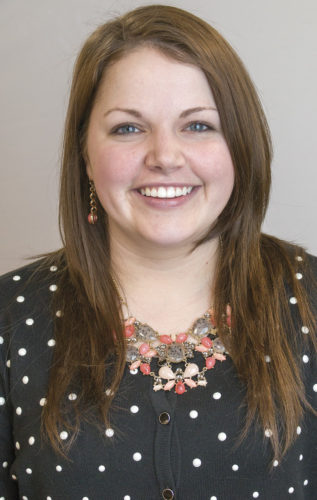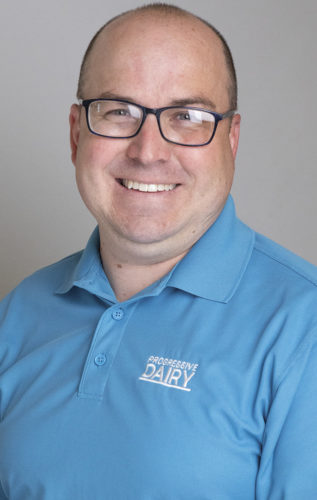DeLaval hosted a group of dairy producers for three days during last week's World Dairy Expo. On Tuesday, October 8, attendees spent the day touring four dairy operations, each with a different milking equipment setup.
Scroll down or to view a video of DeLaval CEO Joakim Rosengren describe why he believes his global dairy equipment company's technology must be successful in the U.S. to be successful in the world. This interview was conducted by PD Editor Walt Cooley at the 2011 World Dairy Expo.
The first stop of the bus tour was the Laufenberg Farm in Waunakee, Wisconsin, a 240-cow operation with four Voluntary Milking System (VMS) units. The farm has been in the family since 1899 and is located just nine miles from Madison.Dave Laufenberg says the family's main reason for switching to VMS from their previous tiestall facility was because they weren't able to find labor to help with the milkings.
The switch was an adjustment for multiple generations of the family, he says, explaining that his 80-year-old father had trouble understanding how a robot could milk a cow. Dave compared it to switching from hand milking to machine milking.
"Our biggest challenge was learning to trust the robot," he says. He shared that if he sees the robot having difficulty finding a teat on a cow, he has learned to walk away, rather than to shut down the machine and try to fix it.
When he comes back a minute or two later to check, the robot has placed the cup on the teat. He says with every third milking of a cow, the VMS relearns the udder and teat placement.
Story continues below photo slideshow.
Next on the agenda was Virgil Ripp of Ripp's Dairy in Dane, Wisconsin. Ripp's family is currently in the process of expanding from a double-6 herringbone to DeLaval's double-12 heavy duty herringbone (HDHB). The farm will grow the herd from 120 to 350.
Ripp says he chose the HDHB because it gives him the ability to install the automated take-off arm at a later date.
Producers were able to see the parlor in the construction process and ask questions to Ripp about some of the decisions he made.
Following the tour at Ripp's, participants were able to visit Rosendale Dairy in Pickett, Wisconsin, a 8,000-cow operation with two 80-stall rotaries and 82 employees.
Operations Manager Bill Eberle discussed the challenges and opportunities of such a large dairy operation in Wisconsin. The farm continues to face opposition from several environmentalist and animal activist groups and has implemented strict security and safety protocols.
The final farm to be featured was the Wiese Bros. Dairy in Greenleaf, Wisconsin, milking more than 4,000 cows in two parlors. The tour highlighted the operation's cross-ventilated barn and double-30 cascade parallel parlor, which allows 360 cows to be milked per hour.
Owner Mark Wiese and Herd Manager Scott Blevins talked about their process of growing the herd. They explained that one of the major factors in selecting cattle was the herd's somatic cell count. If it was above 300,000, they didn't even consider looking at the animals.
Participants of the tour had plenty of opportunities to discuss the operations and network with one another on the bus and after the tours during dinner. Producers were also able to spend the day at World Dairy Expo on Wednesday, October 5, and received a VIP Tour of the DeLaval Booth, which featured the new Automatic Milking Rotary system (AMR). Click here to learn more about the AMR.
For more information about DeLaval and the equipment highlighted on the tour, visit: www.delaval.com.
DeLaval Tour Coordinator Sybil Birmingham says the company is planning several more Profound Productivity Tours in 2012, including one in California during World Ag Expo. Learn more at www.profoundproductivity.com or by contacting Birmingham at sybil.birmingham@delaval.com. PD
VIDEO




